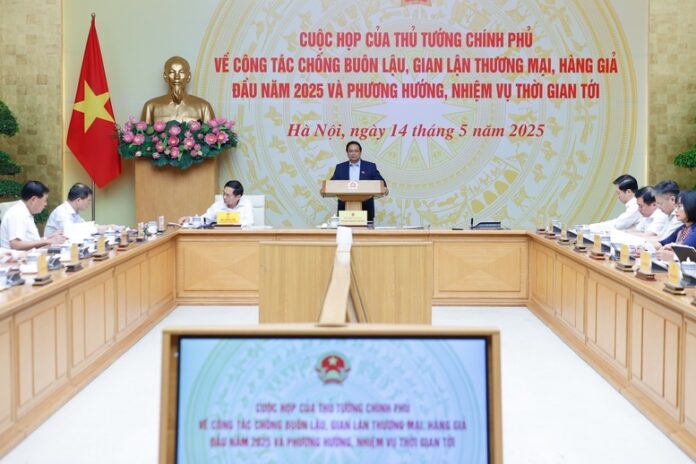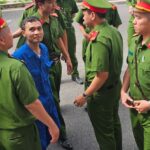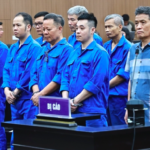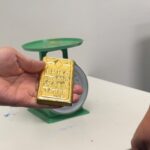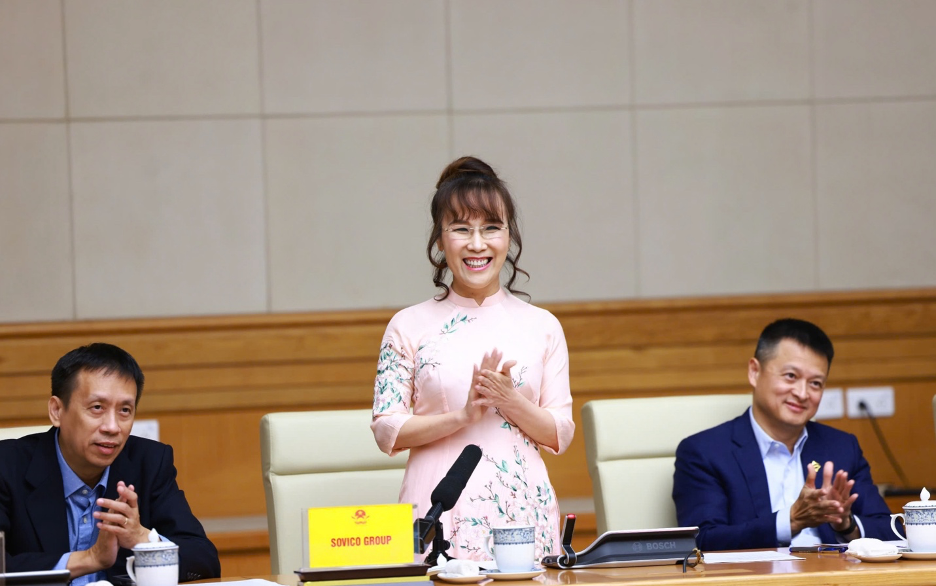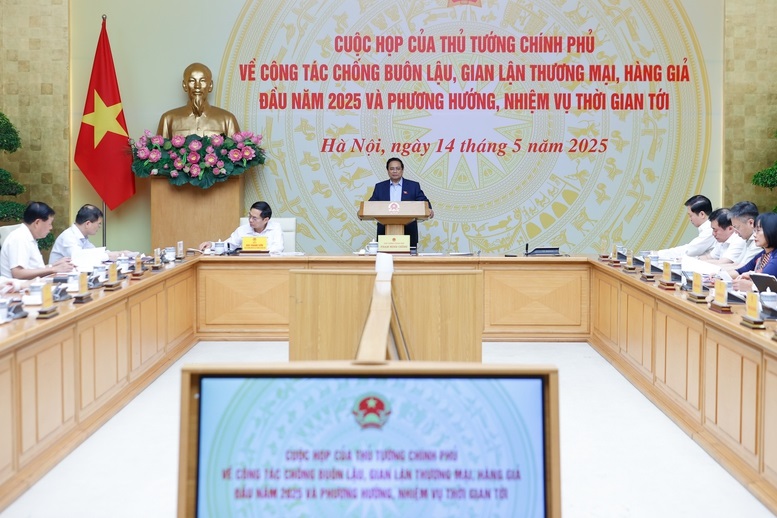 |
Prime Minister Pham Minh Chinh chaired a meeting with ministries, sectors, and central agencies to review the fight against smuggling, trade fraud, and counterfeit goods in the first months of 2025 and discuss future tasks and orientations. – Photo: VGP/Nhat Bac
|
At the beginning of the meeting, Prime Minister Pham Minh Chinh acknowledged the efforts of ministries, sectors, and localities in combating smuggling, trade fraud, and counterfeit goods, achieving certain results. These efforts have contributed to stabilizing production, business, and market activities, controlling goods, protecting consumers’ health, and ensuring security and order.
However, recently, several serious cases have been uncovered, such as the fake milk case in Hanoi, fake medicine in Thanh Hoa, fake food in Phu Tho, counterfeit health products in Hanoi, and counterfeit goods in Ho Chi Minh City. The trade of counterfeit goods is rampant on social networks, and there have been instances of hoarding and price gouging, impacting people’s health and psychology and affecting security and order, state budget revenue, and other aspects of social life.
Emphasizing the seriousness of these issues, the Prime Minister frankly attributed them to the lax management of some agencies and localities. He questioned whether this was due to a lack of responsibility, overlapping tasks, or neglect of duties.
The Prime Minister demanded a rigorous inspection to identify the causes and clarify the responsibilities of organizations and individuals. He also requested proposals for tasks, solutions, and the responsibilities of agencies, localities, and functional forces to prevent, push back, and put an end to smuggling, trade fraud, and counterfeit goods.
According to the Steering Committee 389, in 2025, the country’s political security has been maintained, and the economy has achieved positive growth. There has been an increase in the volume of import-export goods, passengers, and means of transport through border gates.
Along the border gates, coastlines, and sea areas, there have been cases of illegal transportation of prohibited goods, including drugs, firecrackers, foreign cigarettes, smuggled goods, and goods of unknown origin. Additionally, there have been cases of smuggling and trading of goods that do not meet quality standards, such as gasoline, oil, gold, alcohol, beer, sugar, cosmetics, functional foods, clothing, rice, frozen goods, and household appliances.
In the domestic market, violations related to the production and trading of counterfeit goods, intellectual property infringement, label violations, trading of expired goods, and trading of smuggled goods without invoices or receipts continue to occur in most provinces and cities. These illegal activities are openly conducted on social networks.
In the fight against smuggling, trade fraud, and counterfeit goods, agencies and localities detected and handled more than 34,000 cases. These included over 8,200 cases of trading and transporting prohibited and smuggled goods, more than 25,100 cases of trade and tax fraud, and over 1,100 cases of counterfeiting and intellectual property violations. The handled cases brought in more than VND 4,897 billion to the state budget, and nearly 1,400 cases with over 2,100 subjects were prosecuted.
However, the situation of smuggled goods and illegal transportation of goods across the border remains complex. In the domestic market, the production and trading of counterfeit, substandard, and unknown origin goods, as well as intellectual property infringement, are still rampant in many places. These activities have increased in scale and duration on e-commerce platforms, directly affecting people’s health. Additionally, the illegal buying and selling of invoices and tax evasion take advantage of favorable and open import policies, and these issues have not been detected and handled promptly.
Nhat Quang
– 09:50 14/05/2025
The Rare Earth Company Chairman Blames the Ministry of Industry and Trade’s Circular
The defendant, Luu Anh Tuan, Chairman of the Vietnam Rare Earth Company, stood firm in his belief that he had not erred in his export customs declaration of rare earth elements. He attributed any misunderstanding to vague regulatory guidelines. Tuan acknowledged the dilemma of pleading not guilty, which could result in a loss of mitigating factors for a sincere confession. However, he resolutely maintained his innocence, stating, “If I don’t plead guilty, I may lose the mitigating factor of a sincere confession, but I stand by the truth and my actions.”
Unveiling the Truth: Exposing a Massive Haul of Almost 5 Tons of Contaminated Food
“Authorities in Thanh Hoa province have seized and destroyed nearly five tons of untreated cow and buffalo hides of unknown origin.”
“Vietnamese Authorities Request Files on 12 Businesses Linked to Mineral Extraction in Thanh Hoa”
To investigate and verify signs of illegal activities in the mining operations in Thanh Hoa province, the Police Department for Corruption, Economy, and Smuggling Investigations under the Ministry of Public Security has requested relevant departments to provide documents pertaining to 12 businesses.

